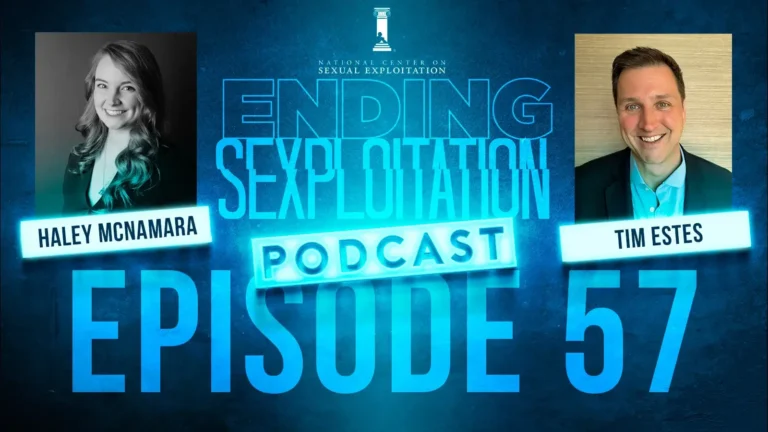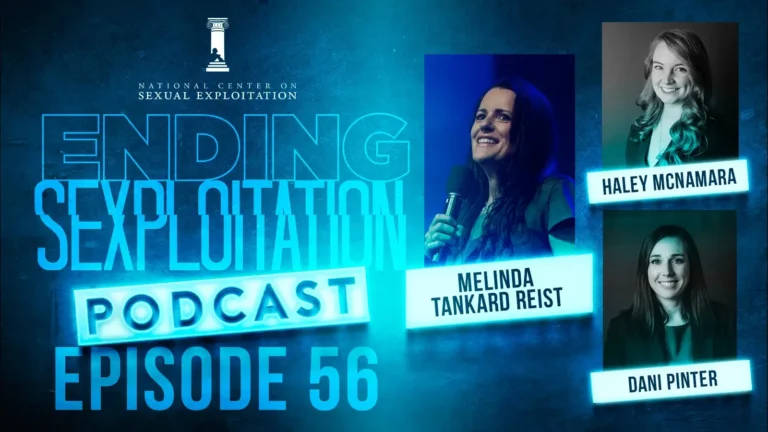It feels impossible to keep kids from seeing pornography these days. Social media and big tech have stacked the cards against parents. Parents should have the power to direct, teach, and help their children without the constant threat of an addictive substance being offered to them. Instead, parents are finding themselves frustrated or overwhelmed as they try to protect their children from pornography.
While filters, rules, and monitoring are important, they are not foolproof, and most children will still be exposed to pornography one way or another. It’s time to prepare our children to be pornography resistant. When the endless protecting fails, our kids need to be ready to handle what happens.
The best kept secret in the fight for your kids’ minds is role-playing. A simple and not very time-consuming activity that costs nothing. Role-playing is practicing difficult situations with your child that might come up as they navigate through a world filled with pornography.
Pornography and the issues surrounding it often produce big emotions like fear, panic, anger, excitement, shame, and sadness. When you practice tricky situations before (or even after) they happen, you and your child are prepared and feel more comfortable to make a healthy choice in the real moment.
The best kept secret in the fight for your kids' minds is role-playing. Roleplaying is practicing difficult situations with your child that might come up as they navigate through a world filled with pornography. Share on XParents might not want to role-play because they are uncomfortable and have never done it before. It isn’t as hard as you think. Role-playing doesn’t have to be so formal or serious. Just think of a few situations that you are worried might happen to your child or that have already happened to your child when dealing with pornography. The next time you are at the dinner table or driving you child somewhere, ask your child, “What would you do if…” and go from there. Then you can respond and add what you might do or say in that situation. As you go through the role-play process, maybe you can both find some better things to do or day that you hadn’t thought of before. Here is an example:
You and your son are in the car.
Parent: Hey son, what would you do if a girl texted you a nude picture?
Son: What – why would you ask that?!?!
Parent: Let’s just practice and see if we can find some good ways to handle it. Nude pictures are not healthy for your brain and can get you into big trouble. So, what would you do?
Son: Well, I might delete it?
Parent: Good, you want to get rid of it. But I think you better tell someone.
Son: But if I do, I could get in trouble.
Parent: But if you don’t you can get in bigger trouble. So, try again.
Son: Ok I would come and tell you I got the picture.
Parent: What would you say to me?
Son: Dad, this girl sent me this picture. I think I need your help dealing with this.
Parent: Wow that was good. Now let me practice what I would say. This can be hard for me too. Thank you, son, for coming to me. Let’s get rid of the picture and block whoever sent it. Then we might need to contact her parents, so she won’t get into bigger trouble later.
Son: Ok.
Parent: Is there anything you want to talk about after seeing that?
Son: Uh Dad, this is just fake, remember?
Parent: OK son! Thank you for practicing that with me. I know sometimes things like that happen, but if we have a plan, it’ll be easier for you and me to know what to do. Just make sure you come talk to me!
Son: Thanks dad.
It’s that simple! The more you do it, the better you and your child will get. And the more prepared you will be to handle the tough situations. In real life, the conversations usually don’t go quite as well as when you are doing the role-plays. But practicing does give you a place to start and it helps you both feel more comfortable and more willing to talk about situations when they happen. And that is a big victory in the fight for your child’s mind.
Here are a few situations you might want to role-play with your child:
· Your child sees pornography accidentally on a phone while at home.
· You find a pornographic image on a Chromebook your child uses from the school.
· Your child has a friend show a pornographic movie to them.
· Your child is asked for a nude picture by a friend.
· Your child’s friend posts an inappropriate photo of your child on social media.
· Your child is solicited for sex on their social media accounts.
Question: what are your best tips for talking to children about how to stay safe online?
— National Center on Sexual Exploitation (@NCOSE) August 13, 2022
About the Author: Jill Geigle is the Director of Parent & Child Advocacy at NCOSE



